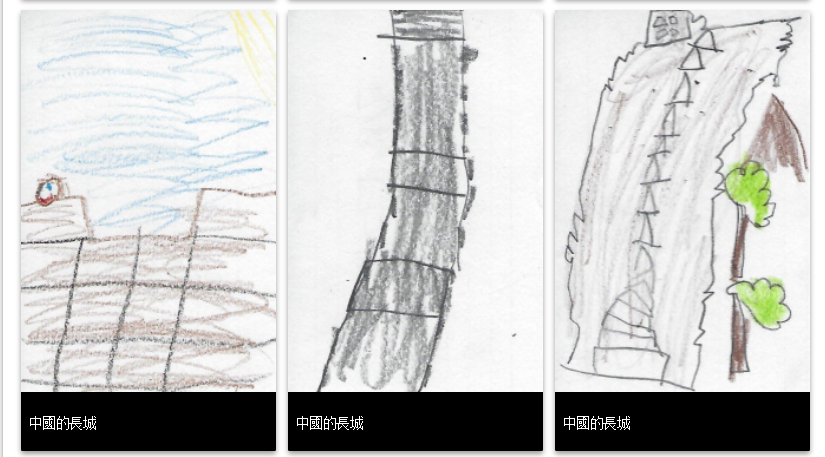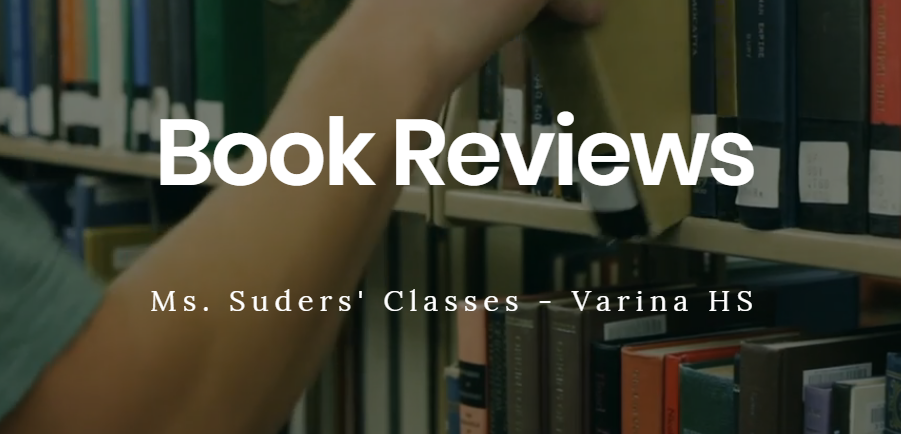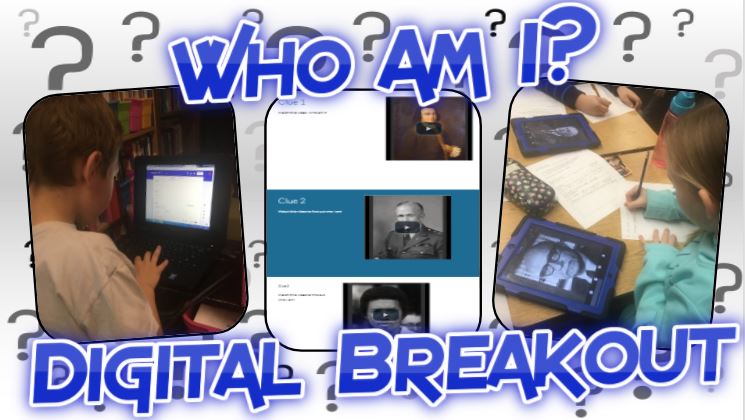Summary
In this lesson, students use Diigo to collect, annotate, and share news articles with their classmates. At the end of their unit on Rome, World History students examine four seminar questions dealing with the essential question from their unit: “To what extent do the ‘haves’ have a responsibility to help the ‘have-nots’?” Before answering these questions, students complete research and select two news articles that relate to one or more of the prompts. Students annotate, summarize, and tag these articles via Diigo. Students synthesize the various viewpoints that are represented in the collaborative research and write short responses to each of the seminar questions, justifying their answers using information from the news articles. The students’ ideas and opinions are also shared during an in class seminar style discussion.
Lesson Reflection
Teachers:
“We liked that the students were able to choose their own readings. We believe that giving the students some initial documents was helpful and got them started, but then the students could make a decision about what they wanted to read, which gave them opportunities for choice and for intellectual growth. We believe that choosing their own readings and sharing these readings with the class helped to strengthen the students’ arguments in the seminar. It also gave the students a lot more exposure to opposing opinions, which we noticed during the seminar. We’ve done this type of seminar activity many times before, minus the Diigo portion, however this seminar easily had the best prepared and most well informed students we’ve had yet.”
ITRT:
“This would be a great activity to do for every unit or even for one question or theme over the course of an entire year. At the start of the unit, the teacher could provide the students with the unit question and allow them until the end of the unit to find an article or news event that somehow relates to that question. Not only would you get some great students responses to your unit question, but ideally, the students would begin paying more attention the news and current events, and begin to see the connections between your curriculum and the world in which they live.”
TIPC Ratings
Ideal
Research and information fluency are the primary focus of this particular assignment. This assignment is designed so that students become more effective “news consumers.” The seminar questions are set in advance by the teacher, but the students construct their own research questions in order to locate and select articles that are most relevant to the seminar topics. These articles are shared via Diigo because this tool allows the students to assemble and display these articles in one central location and organize the articles in a format that is easy to interact with and search through. In writing their answers to the seminar questions, the students use the article tags, descriptions, and annotations to search through the articles and decide which to investigate further. In answering the final seminar questions, the students synthesize their understanding of the articles they have read, justifying their statements using specific examples from the articles and referencing various points of view. The task for this lesson is authentic because it connects a historical topic (Rome) to current events. The articles that the students research relate not only to current events at a national level but also to events at a local level (their state and county).
Approaching
The students use Diigo to communicate and collaborate within this assignment. Diigo allows the students to share articles with one another and learn from each others’ points of view.
Approaching
The use of Diigo enhances the students’ opportunities to think critically and answer the initial similar questions. Students apply the various features of Diigo (searching by tags, annotating, etc.) in order to save and locate information that is relevant to the seminar questions. Students then use this information to justify their written answers.
Not Observed
Creativity and Innovation are not a goal of this particular assignment.
Classroom Action
Haves vs. Have Nots Seminar – Classroom Action from HCPS Instructional Technology on Vimeo.
Download Files
Have and Have Nots Seminar (7803) – H21 Lesson Resources
Contents:
- H21 Lesson Plan
- Assignment Instructions and Rubric
- Diigo Instructions
- Sample Student Essays (2)
- Link to Diigo Research Group
- Student Reflection (Vimeo)
- Classroom Action (Vimeo)





